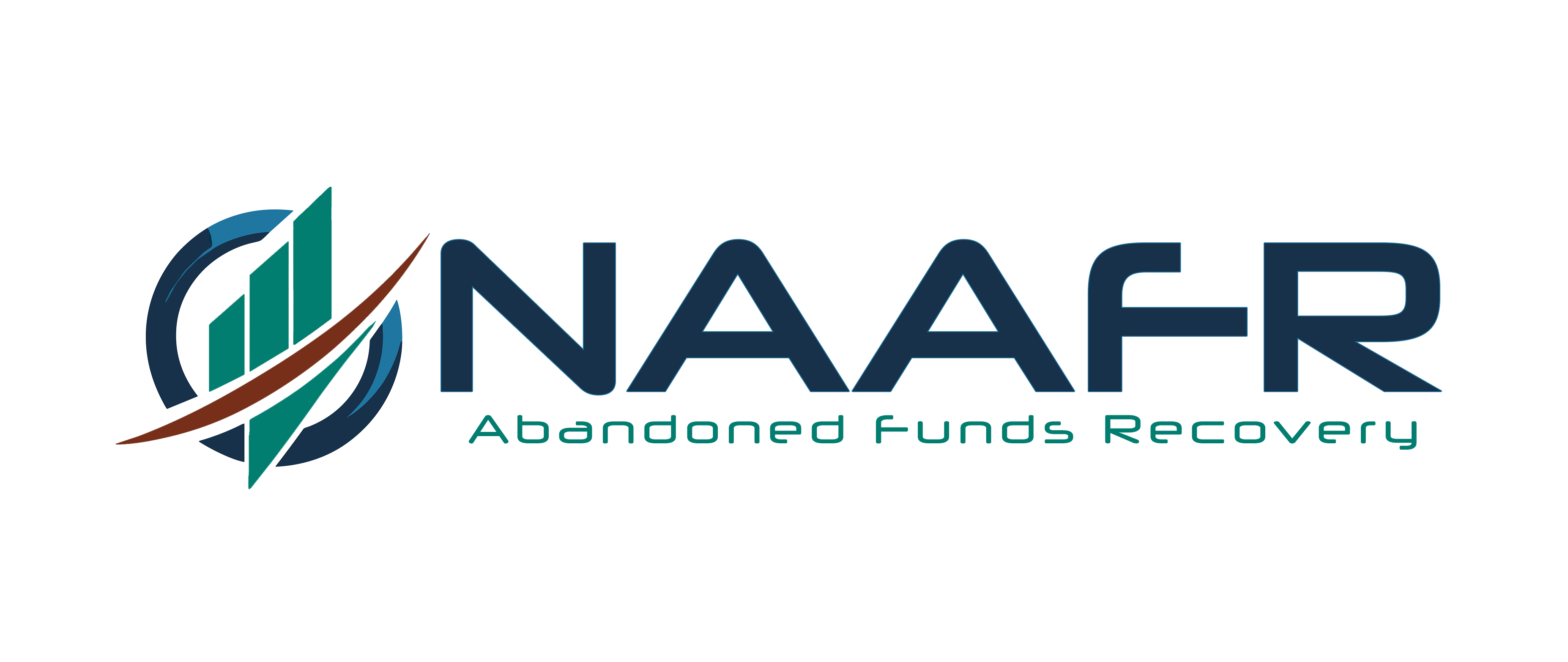Recovering surplus funds after a foreclosure or tax sale can provide much-needed financial relief. However, this process can also make you a target for scams and fraudulent schemes. Scammers often prey on homeowners who are unaware of the legal requirements and procedures involved in claiming these funds. This guide offers practical advice on how to identify and avoid scams related to surplus funds recovery, helping you protect your rights and recover your money safely.
Understanding the Surplus Funds Recovery Process
Surplus funds, also known as excess proceeds, are the remaining money after a property is sold at a foreclosure auction or tax sale and all debts, such as the mortgage balance, taxes, and liens, have been paid off. As the former homeowner, you may be entitled to claim these funds. However, the process involves legal steps, including verifying your eligibility, filing a claim, and providing proper documentation. Scammers often exploit homeowners by offering “assistance” in this process, usually for a fee or by obtaining sensitive personal information.
Common Types of Surplus Fund Scams
Understanding common scam tactics can help you stay vigilant. Here are some of the most frequent scams targeting homeowners recovering surplus funds:
- Upfront Fee Scams: Fraudsters may ask you to pay an upfront fee for their services to “recover” surplus funds. Legitimate services usually work on a contingency basis, meaning they only get paid after successfully recovering your funds.
- Phishing Scams: Scammers send emails, text messages, or phone calls impersonating government officials or recovery specialists, asking for sensitive personal information like your Social Security number, bank account details, or other identifying information.
- Fake Legal Services: Some scammers pose as attorneys or legal experts offering to help you claim surplus funds. They may charge exorbitant fees or provide false information to gain your trust.
- Unauthorized Recovery Services: Fraudulent companies may contact you, claiming to specialize in surplus fund recovery and asking for power of attorney or access to your financial information.
Red Flags to Watch Out For
To avoid falling victim to scams, be on the lookout for these red flags:
- Request for Upfront Payments: Legitimate recovery services do not require payment before the funds are recovered. Be wary of anyone demanding upfront fees or payment for services.
- Lack of Transparency: If the person or company you are dealing with is vague about their credentials, the process, or the total cost of their services, it’s likely a scam.
- Unsolicited Contact: Be cautious if you receive unsolicited phone calls, emails, or letters from individuals or companies claiming they can help you recover surplus funds.
- High-Pressure Tactics: Scammers often use high-pressure tactics, such as threatening legal action or claiming you’ll lose your funds if you don’t act immediately.
- Suspicious or Inconsistent Information: Verify any information given to you. If there are inconsistencies or the details provided don’t align with official government records, it’s a potential scam.
How to Verify Legitimate Recovery Services
If you are considering using a recovery service, take these steps to verify their legitimacy:
- Research the Company: Look up the company or individual online. Check for reviews, complaints, or testimonials from other clients. Verify their credentials and ensure they are licensed or registered with the appropriate state or local authorities.
- Check with Local Government Offices: Contact your county clerk, treasurer, or the relevant government office managing surplus funds. They can confirm if the service you are dealing with is authorized to handle surplus fund recovery.
- Ask for References: A legitimate recovery service should be able to provide references from satisfied clients. Don’t hesitate to ask for proof of their past success in recovering surplus funds.
- Get Everything in Writing: Legitimate services will provide a contract or agreement outlining their fees, services, and terms. Review this document carefully before signing.
Steps to Protect Yourself from Surplus Fund Scams
Here are some practical steps you can take to protect yourself from scams:
- Directly Contact Local Government Offices: Before agreeing to any services, contact the county clerk, treasurer, or the government office managing surplus funds. They can provide accurate information on how to claim your funds without the need for a third party.
- Safeguard Your Personal Information: Never provide personal information, such as your Social Security number, bank details, or birthdate, to anyone without verifying their legitimacy.
- Use Trusted Legal Assistance: If you need help, consider hiring a real estate attorney or a legitimate surplus funds recovery specialist. Ensure they have a good track record and verify their credentials.
- Be Skeptical of Unsolicited Offers: Treat unsolicited offers of help with caution. If you receive an unsolicited call or email about surplus funds, don’t engage or provide any information until you verify its authenticity.
What to Do If You Suspect a Scam
If you believe you have been targeted by a scam, take these immediate steps:
- Report the Scam: Contact your state attorney general’s office, the Federal Trade Commission (FTC), or the Consumer Financial Protection Bureau (CFPB) to report the scam.
- Protect Your Finances: If you provided any financial information, contact your bank or credit card company immediately to protect your accounts and monitor for any suspicious activity.
- Monitor Your Credit: Regularly check your credit report for any unauthorized activities or inquiries. Consider placing a fraud alert on your credit report.
Conclusion
Recovering surplus funds can provide vital financial relief, but it’s essential to navigate the process carefully to avoid scams. By staying vigilant, understanding common scam tactics, and verifying the legitimacy of recovery services, you can protect yourself and ensure a successful claim. Always remember to use trusted legal assistance and directly contact local government offices to confirm your rights and the correct procedures for recovering surplus funds.



